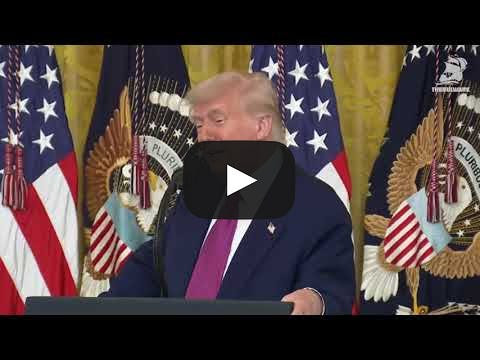Joyce Vance is a former federal prosecutor for North Alabama. She writes an important blog called Civil Discourse, where she usually explains court decisions and legal issues. Today she turns to education.
Today I’m recovering from the graduation tour, one in Boulder and one in Boston in the last two weeks, and getting back into the groove of writing as I continue to work on my book (which I hope you’ll preorder if you haven’t already). The graduations came at a good moment.
Watching my kids graduate, one from college and one with a master’s in science, was an emotional experience—the culmination of their years of hard work, sacrifice, and growth, all captured in a single walk across the stage. They, like their friends, my law students, and amazing students across the county, now enter society as adults. Even beyond the individual stories of hardships overcome and perseverance, witnessing these rites of passage makes me feel profoundly hopeful. The intelligence and commitment of the students—many of whom are already tackling big problems and imagining new, bold solutions—gives me a level of confidence about what comes next for our country. In a time when it’s easy to get discouraged, their commitment and idealism stands as a powerful reminder that they are ready to take on the mess we have left them.
The kids are alright, even though they shouldn’t have to be. Talking with them makes me think they will find a way, even if it’s unfair to ask it of them and despite the fact that their path will be more difficult than it should be. Courage is contagious, and they seem to have caught it. Their educations have prepared them for the future we all find ourselves in now.
As students across the country prepared to graduate this year, Trump released his so-called “skinny budget.” If that’s how they want to frame it, then education has been put on a starvation diet—at least the kind of education that develops independent thinkers who thrive in an environment where questions are asked and answered. Trump pitches the budget as “gut[ting] a weaponized deep state while providing historic increases for defense and border security.” Defense spending would increase by 13% under his proposal.
The plan for education is titled, “Streamline K-12 Education Funding and Promote Parental Choice.”Among its provisions, the announcement focuses on the following items:
- “The Budget continues the process of shutting down the Department of Education.”
- “The Budget also invests $500 million, a $60 million increase, to expand the number of high-quality charter schools, that have a proven track record of improving students’ academic achievement and giving parents more choice in the education of their children.”
As we discussed in March, none of this is a surprise. Trump is implementing the Project 2025 plan. In December of 2024, I wrote about how essential it is to dumb down the electorate if you’re someone like Donald Trump and you want to succeed. A rich discussion in our forums followed. At the time I wrote, “Voters who lack the backbone of a solid education in civics can be manipulated. That takes us to Trump’s plans for the Department of Education.” But it’s really true for the entirety of democracy.
Explaining the expanded funding for charter schools, a newly written section of the Department of Education website reads more like political propaganda than education information: “The U.S. Department of Education announced today that it has reigned [Ed: Note the word “”reigned” is misspelled] in the federal government’s influence over state Charter School Program (CSP) grant awards. The Department removed a requirement set by the Biden Administration that the U.S. Secretary of Education review information on how states approve select entities’ (e.g., private colleges and universities) authorization of charter schools in states where they are already lawful authorizers. This action returns educational authority to the states, reduces burdensome red tape, and expands school choice options for students and families.”
There are already 37 lawsuits related to Trump’s changes to education. Uncertainty is no way to educate America’s children. Cutting funding for research because you want to score political points about DEI or climate change is no way to ensure we nurture future scientists and other thinkers and doers…
I am reminded again of George Orwell’s words: “The most effective way to destroy people is to deny and obliterate their own understanding of their history.” The historians among us, and those who delve into history, will play a key role in getting us through this. Our love and understanding of history can help us stay grounded, understanding who we are, who we don’t want to become, and why the rule of law matters so damn much to all of it….
Thanks for being here with me and for supporting Civil Discourse by reading and subscribing. Your paid subscriptions make it possible for me to devote the time and resources necessary to do this work, and I am deeply grateful for them.
We’re in this together,
Joyce





